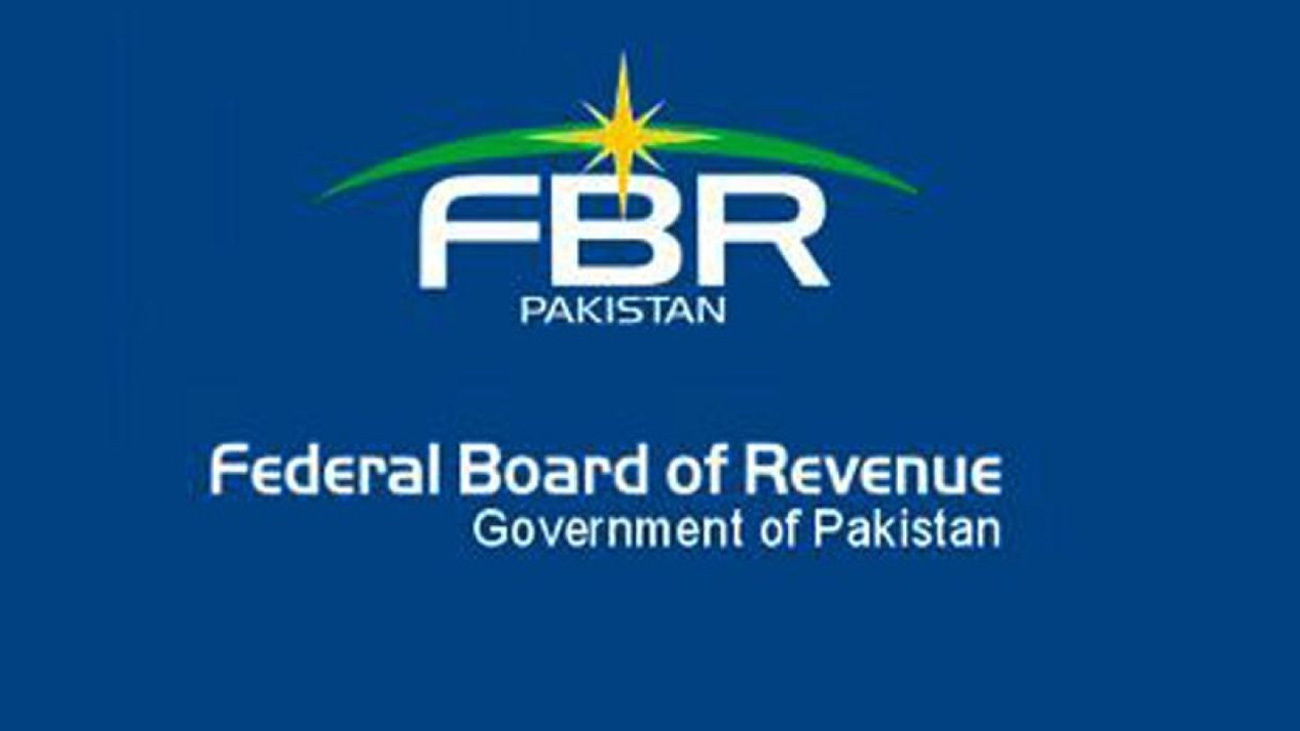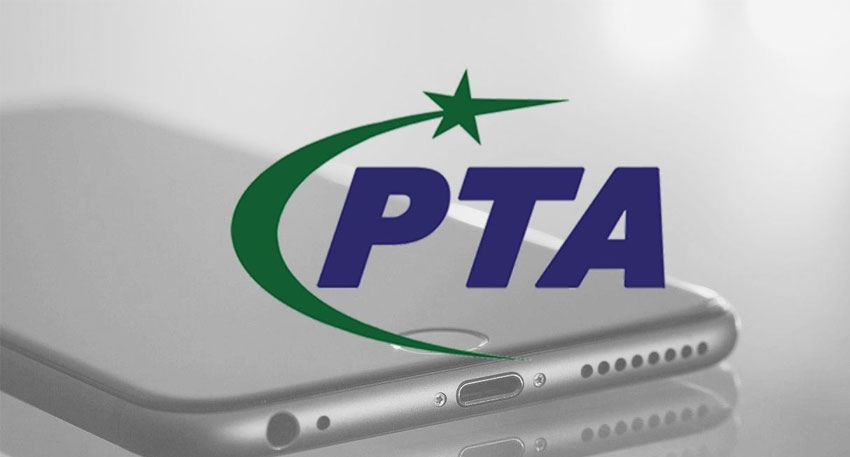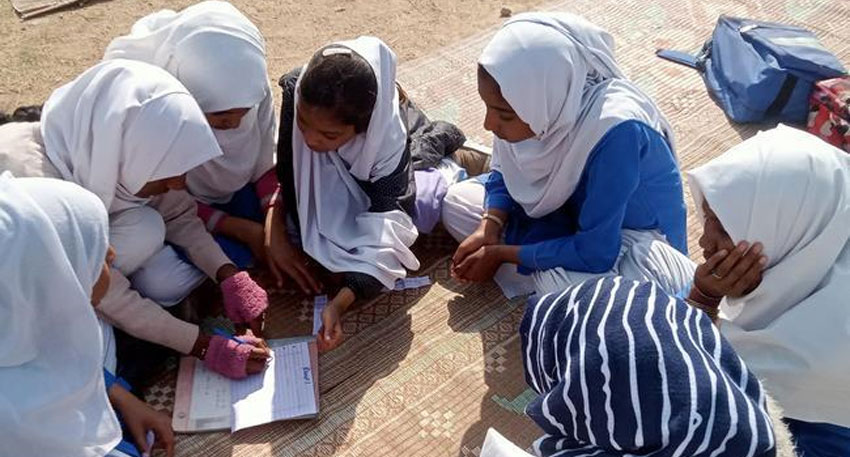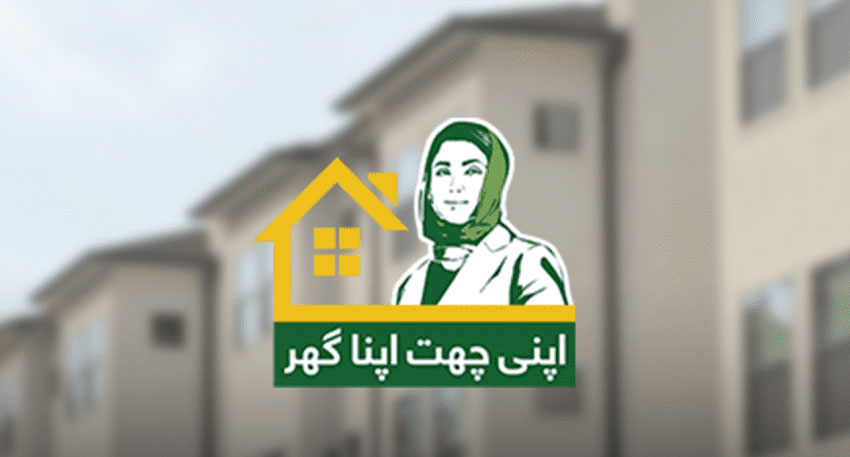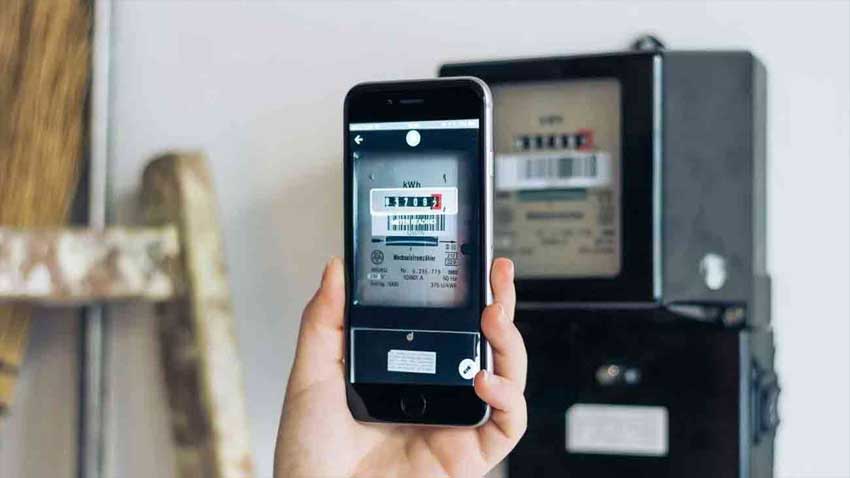
This step is expected to bring more transparency, save costs, and reduce errors in monthly billing.
The government is making the big digital move with gradual removal of all electricity meter readers from the country’s power distribution companies (DISCOs), except for the Karachi Electric area which is currently exempt from the plan.
The decision was made during a high-level meeting, where the Prime Minister also directed that the Power Smart App should be created in both national and regional languages, so it’s easy to use for everyone—whether they live in cities or remote villages.
To support this transformation, the government has allocated a significant budget of Rs316,000,000. A soft launch will be done first to identify and fix any technical issues before the official release to the public.
The Power Division has been instructed to prepare a complete strategy within one month to fully remove the role of meter readers and shift to the new digital system.
The government has clearly defined the Terms of Reference (ToR), explaining the scope of the project, responsibilities of involved institutions, and the timeline. Key organizations like PITC (Power Information Technology Company) and MEPCO have been tasked with planning, execution, and monitoring of this digital rollout.
Apart from ‘Apna Meter Apni Reading’, other major digital tools to be launched include the Power Smart App, CCMS, and Lineman Mobile Solution. These apps will only be made available to the public after full testing, to ensure users face no problems.
Importantly, Prime Minister Shehbaz Sharif has also ordered that any cost savings from ending the meter reader system should directly benefit electricity consumers. This could mean either lower bills or better service quality in the future.
Read more: Pakistan fast-tracks cashless future: How will govt drive digital payments?
This decision reflects Pakistan’s bold shift towards digital governance, where manual systems are being replaced by technology. For years, meter readers were blamed for billing mistakes, delays, and even corruption. Now, with self-meter reading apps, these problems can be eliminated or significantly reduced.
By using mobile apps and giving power to consumers, the government is not just cutting operational costs but also building public trust. This initiative could particularly benefit those in rural areas, where meter readers often fail to visit on time or accurately record usage.
The fact that the app will support regional languages shows that inclusivity is a key part of the plan. With apps like Apna Meter Apni Reading, Pakistan is setting a digital example in South Asia, stepping into smart utility management ahead of many neighboring countries.
If implemented effectively, this could be replicated in gas, water, and other public service sectors. The success of this program could redefine how public utilities work in Pakistan, putting more control in the hands of the people.

